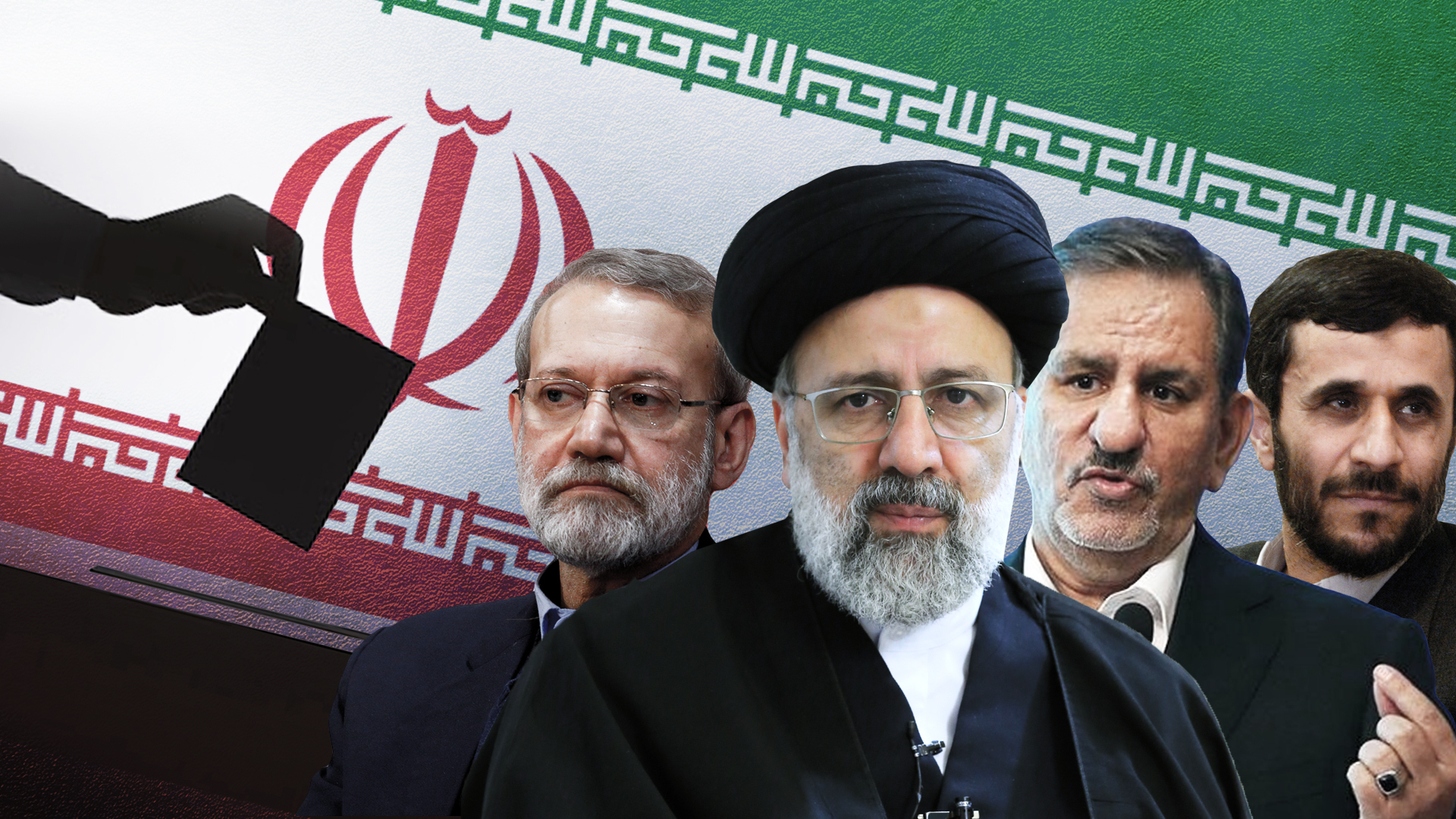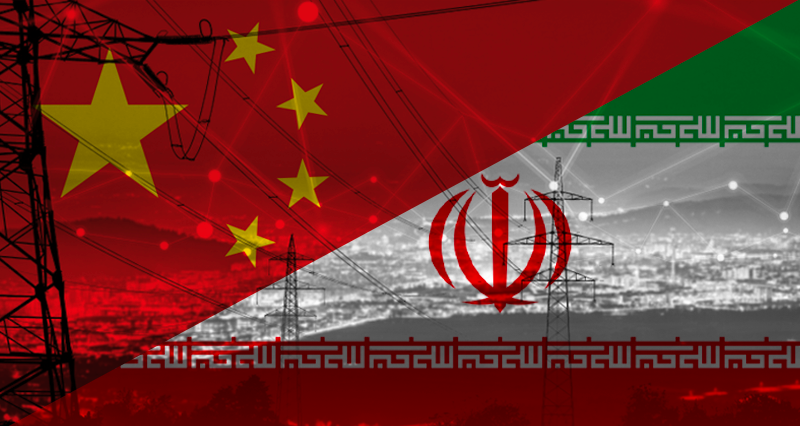After eight years in power, Hassan Rouhani is about to hand over the government to the winner of the 13th presidential election on June 18, having not accomplished almost any of the key objectives he declared in 2013 after eight years.
Not only did he fail to solve nuclear problems, he has also been unable to lift the oppressive sanctions against the country or boost the economy as he promised.
On the eve of his farewell, the collective memory of Iranians is full of his administration’s appealing slogans, which remained devoid of constructive action.
The extremely difficult economic situation has also seen a shortage of basic commodities on the market. The drastic devaluation of national currency, undeniable corruption, lack of change with regards to social and political freedoms, and untied diplomatic knots are pictures of his inactions that will live in Iran’s memory.
Of course, Rouhani claims that if it wasn’t because of his management skills, the country would have been in a much more difficult situation. In any case, the people have lost their confidence in the reformist camp, Rouhani’s main base of support, due to the situation that the president created, which has severely reduced their chances of winning the upcoming elections.
Because of this, the fundamentalists have considered themselves the winners of this election for months and believe they will be in charge of the country for the next four years. However, as political arrangements become clearer at the end of registration deadline for presidential candidacy, the challenge appears to be more complicated for the fundamentalists than they initially expected.
Vote Splitting in the Fundamentalist Camp
Within the five-day registration deadline for presidential candidacy, 46 well-known political figures from around the country had signed up, with 16 having the best chance of passing through the qualification process by the Guardian Council.
According to the Islamic Republic’s Constitution, after the registration process is completed, the Guardian Council of the Constitution, which consists of 12 judges, approves that the participants meet the criteria stipulated in the Constitution and allows the approved individuals to compete in the elections.
Taking a look at the political background of the 16 individuals who have the best chances of being approved by the Guardian Council indicates that most belong to the fundamentalist camp, which can ironically mean a split in their voterbase.
The experience of previous elections shows that the splits created in the body of support for fundamentalism have dealt severe blows to the future of the political movement. From this point of view, the situation is more difficult than they previously thought, and if they continue to fail to form a coalition on a single candidate, they will face a split vote, increasing the chances of reformist-backed candidates.
Social Justice and Economy: Two Losses
The slogans of the main registrants show that all of them, even Eshaq Jahangiri, Hassan Rouhani’s First Vice President in the last 8 years, have noticed the dissatisfaction of the people with Rouhani’s governance. His campaign highlights his plans to improve the economy and management of the country.
Polls conducted in the country also show that the majority of people, regardless of the background and political inclinations of the candidates, have stated that their main criterion for voting is the ability of the candidates to solve the country’s problems.
The fact that people pay a lot of attention to the topic of justice is notable in these surveys. The key issue of the country, according to 31.2% of respondents in the survey, is justice, followed by 20% who think the next most important issues are improving ties with foreign countries and promoting domestic production.
Main Candidates
Ebrahim Raisi, Ali Larijani, Eshaq Jahangiri, and Mahmoud Ahmadinejad are the main figures with the highest chances to gain votes and support in the upcoming election.
Despite the considerable chance he has of mobilizing the masses and the experience of an eight-year presidency, Mahmoud Ahmadinejad will most likely not gain the Guardian Council’s approval and will be eliminated from the election race. Given the possibility of being removed from the race by the state’s upper echelons, he declared at the time of registration that if he was to be disqualified, he would not vote in the election and would not support anyone.
The issue of the possible disapproval of a person who has 8 years of presidential experience in his record and is still very popular in a part of the society has been considered by the opposition as a sign of political, rather than legally based decisions among the Guardian Council.
With Ahmadinejad gone, the biggest rivalry will be between the three main competitors, Larijani, Jahangiri, and Raisi, and it is very likely the other fundamentalist figures will resign in favor of Raisi who has had the most luck among the country’s fundamentalist body.
Raisi was Rouhani’s main opponent in the 2013 elections, and his success in the judiciary has helped him gain attention in subsequent years. His opponents’ main concern is that they think he may create a crisis in relations with the West if he wins. However, his supporters portray him as a decisive individual with high and honest managerial skills who has never been involved in a corruption case and is a staunch opponent of corruption. As a result, they hope that with his election, it will be possible to break the multi-layered chains of power and wealth corruption in the Iranian government.
Ali Larijani, who is considered to be the main rival of Raisi, has a background of fundamentalism and was formerly known as one of the leading representatives of this ideology, however, he has now become a choice for moderate reformists and a small part of the fundamentalist body.
Larijani is a member of one of Iran’s most influential political families, which Ahmadinejad once branded as a symbol of corrupt political lobbying in the country.
Opponents perceive Larijani as merely a continuation of Rouhani’s path, a politician who rose to office with reformists’ votes while having a fundamentalist background. They say he has a purely political character and will not be able to lead the country, particularly in the field of economy, and that he will pave the way for political lobbying and corruption. His supporters, on the other hand, portray Larijani as a person who can govern the country scientifically and mobilize all political forces for the sake of the country’s economic reconstruction, citing his political, diplomatic, and scientific backgrounds. His greatest asset, according to them, is his ability to create contacts with the West and find a way to expand foreign policy.
Ishaq Jahangiri, despite his small chance of winning the election, is another important competitor as he is the main representative of the reformist body. Although he is likely to step down in Larijani’s favor, he is ideologically the major representative of the radical reformist spectrum. Although in his election manifesto he tried to distance himself from Hassan Rouhani, whom he served as first vice president for eight years, he is still partially responsible for the government’s terrible economic situation and financial corruption, a substantial part of which has been formed by his mismanagement.
Although his chances of victory are slim, his presence has allowed for traditional fundamentalist-reformist competition and is warming up the election atmosphere, which also increases the likelihood of increasing participation of people from different political groups in the country’s elections.
Experience of Past Elections
40-years of Iranian presidential elections has revealed that election campaigns and particularly televised political debates, can have a significant impact on election results, and that candidates’ performance during the 20-day campaign period, play a vital role in their chances of winning. Therefore, the political scene in Iran during the presidential election is prone to the emergence and ascendance of those who may not have had a strong chance of winning during the early days. So, despite frustration with Rouhani and the reformist camp, dramatic and unexpected shifts are still possible.

















Leave a Reply